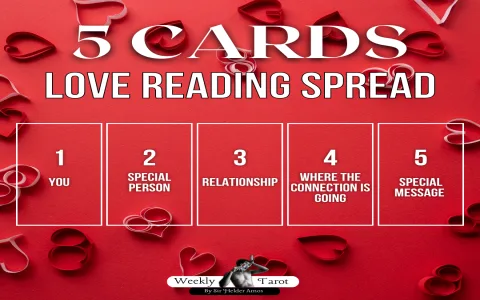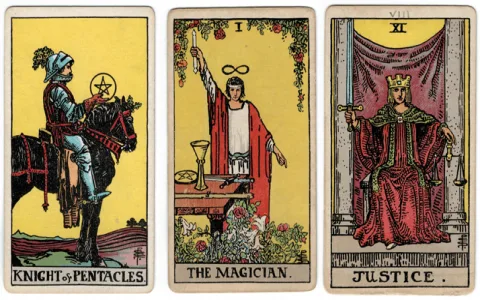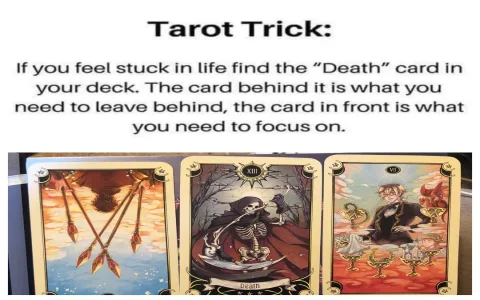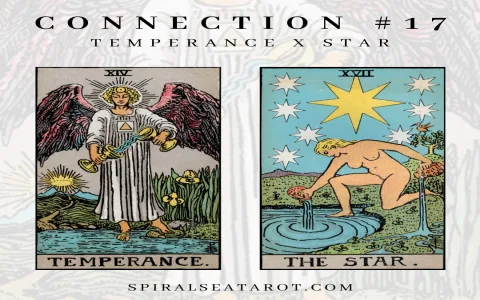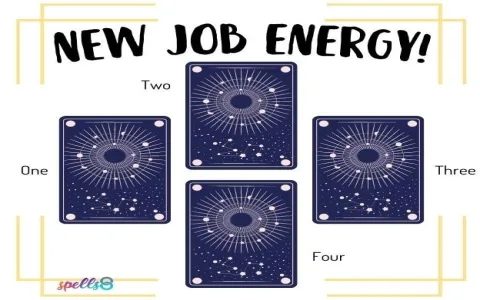You know, for years, I scoffed at anything that wasn’t laid out in a clean spreadsheet. I was the guy who lived and died by quarterly reports, believing that if you just crunched enough numbers, success was guaranteed. I spent a decade grinding it out, pulling ridiculous hours, convinced I was building an empire based purely on logic and hard data.
Then, the whole damn thing blew up in my face. It wasn’t one big failure; it was a slow, miserable drain. I realized my high-paying job, the one I’d poured my soul into, was giving me zero actual control over my future. I was stressed, burned out, and constantly worried about money, despite having a decent income. My analytical methods were amazing for solving other people’s problems, but when it came to my own deepest anxieties about career stability and worth, they were absolutely useless.
I needed a new angle. Something non-linear. I had this old, dusty Tarot deck tucked away—a gag gift from a friend years ago. I figured, what’s the harm? If I treat it not as fortune-telling, but as a structure for asking deeply insightful questions I wouldn’t usually allow myself to consider, maybe I could break the cycle.
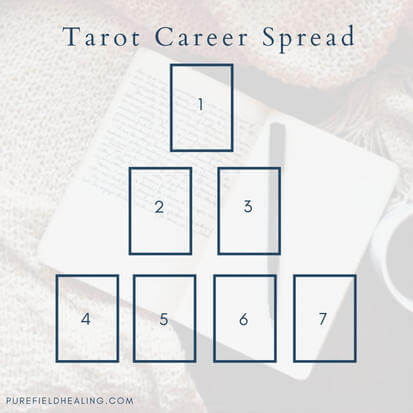
I didn’t start by asking, “Will I be rich?” That’s vague garbage. I designed my own process. My first step was defining the boundary conditions. I banned all outcome-based questions. I demanded questions that would force me to examine my own actions, values, and blind spots. It took me three days just to finalize the list of inquiries. I treated those cards like the world’s most expensive, highly specialized, totally honest career consultant.
The Practice: Structuring the Financial Inquiry
The magic isn’t in the card itself; it’s in the question you drag out of your brain before you even shuffle the deck. I realized my existing money problems stemmed from misaligned effort and internal resistance I wasn’t acknowledging. So, I focused on questions that demanded actionable introspection. I was looking for friction points, not lottery numbers.
I would perform this reading on the first Sunday of every month. I recorded the card, but more importantly, I documented my gut reaction to the card, and then committed to one action item tied directly to the card’s message. This turned the process from woo-woo prediction into a practical accountability meeting.
Here are the seven questions I hammered out. I use them every single time:
- Question 1: Where am I currently overinvesting my energy that yields diminishing financial returns? (This immediately forced me to look at pointless meetings or side projects I hated.)
- Question 2: What crucial skill or resource am I undervaluing in myself right now that could be monetized better? (This question was brutal. It showed me where I was afraid to charge what I was worth.)
- Question 3: What internal block or fear is currently preventing me from asking for the money I deserve? (Forget external factors; this made me confront my own deep-seated insecurity.)
- Question 4: What is the most effective next step I can take to stabilize my financial foundation, even if it feels small? (This grounded the reading and stopped me from dreaming up massive, impossible schemes.)
- Question 5: What outdated belief about money or career should I immediately discard? (I pulled a ‘Tower’ on this one once, and it forced me to realize my old belief that “stability requires a boss” needed to be destroyed.)
- Question 6: How can I better communicate my value to potential clients or employers this month? (Focusing on communication meant focusing on presentation and packaging my skills.)
- Question 7: What hidden trap or temptation related to quick money should I be aware of right now? (This helps avoid distractions and bad investments.)
The Immediate Impact and Realization
The first few times I ran this spread, the answers were a total headache. I remember pulling the Four of Swords on the question about overinvesting energy. My initial thought was, “Great, I need rest.” But my recorded gut reaction was, “I am mentally resting by doing repetitive, low-value work instead of tackling the one difficult, high-value task.” That clarity was staggering.
It wasn’t that the cards were magic; they were just a mirror that didn’t let me lie to myself. I documented all my internal excuses. I cataloged my resistance. I structured my responses to these seven specific pressure points.
Because I had forced myself to answer highly specific questions about my own actions, I stopped waiting for external validation. I stopped looking at market trends alone and started looking inward at my capacity and my boundaries. This practice is what ultimately pushed me out of my corporate misery and into building the independent consulting structure I have now. It’s not about finding out if you’ll get the promotion; it’s about discovering exactly which actions you need to take today to make that promotion irrelevant because you’re already building something better. That shift in perspective? That’s where the real money is made.
I still do this reading monthly. It’s less mystical journal entry and more highly specific, emotionally charged business planning. If you are struggling with career anxiety, don’t ask the universe for the answer. Ask yourself the right damn questions first.



